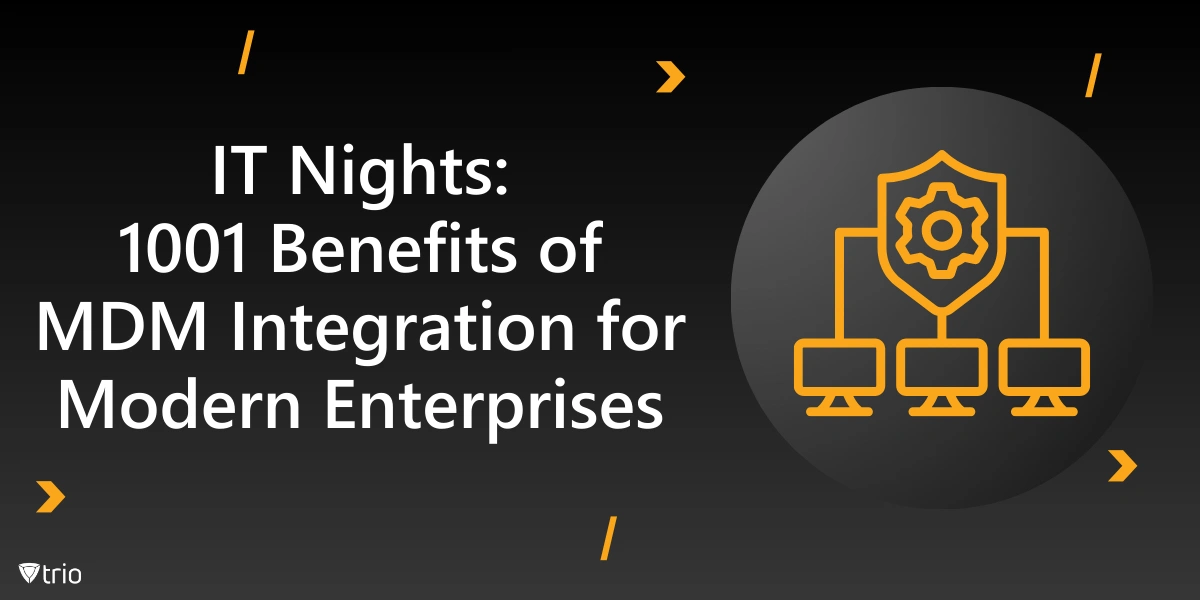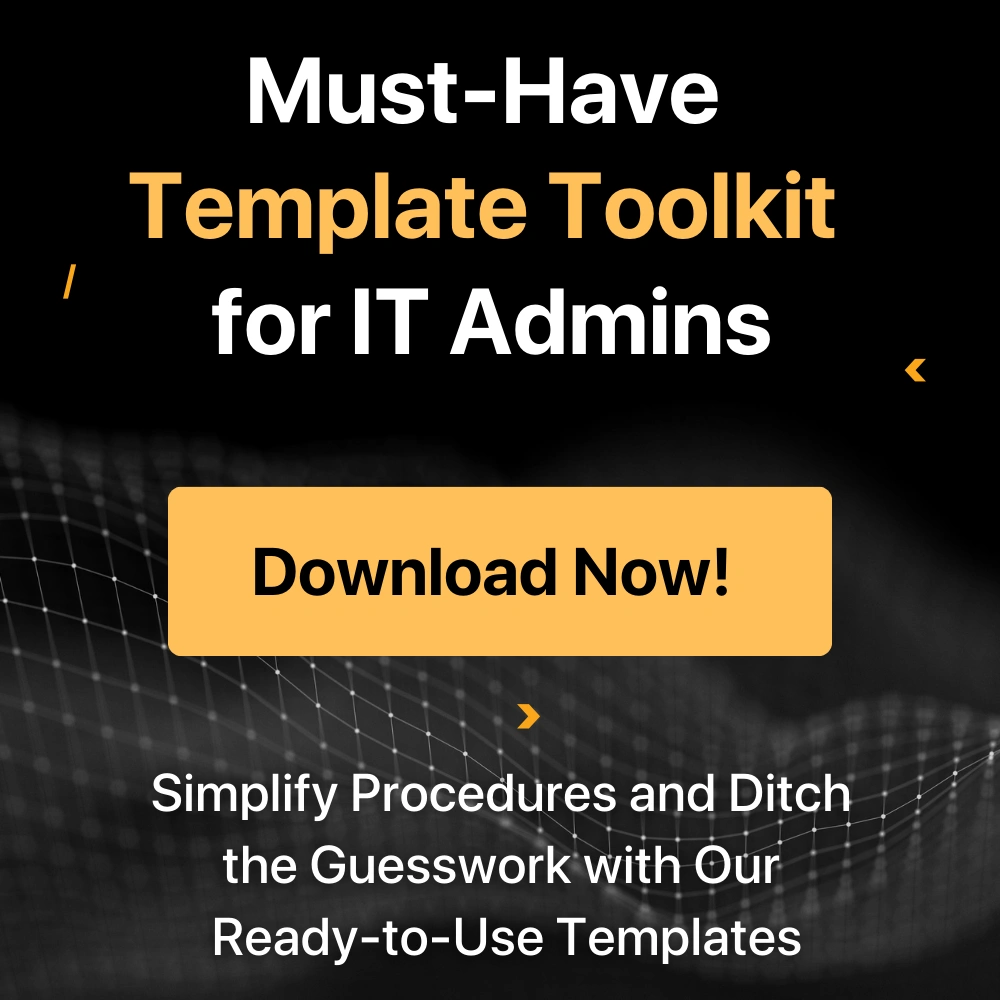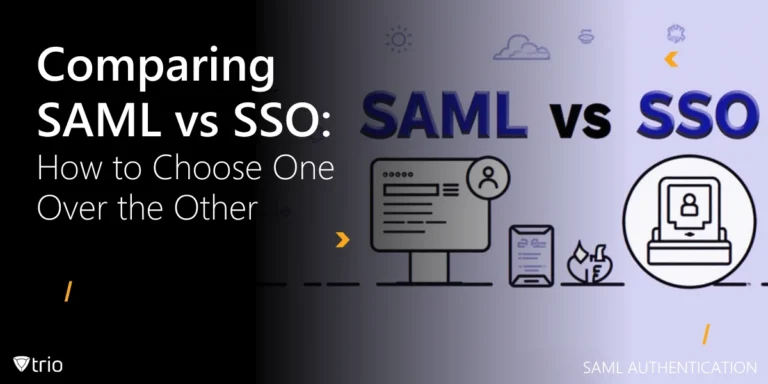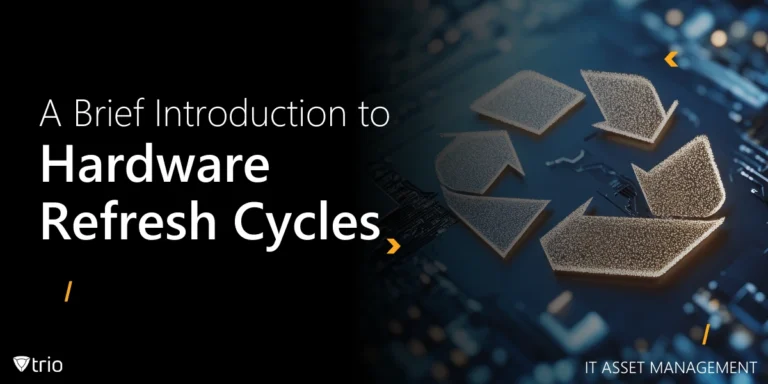As the workforce becomes increasingly mobile and distributed, the need for robust mobile device management (MDM) solutions has never been more critical. This comprehensive guide delves into the intricacies of MDM integration, exploring its significance, implementation strategies, and the myriad benefits it offers to modern enterprises.
The proliferation of smartphones, tablets, and other portable devices in the workplace has revolutionized how we conduct business. However, this technological advancement brings with it a host of security concerns and management challenges. MDM integration addresses these issues by providing a centralized platform for controlling, monitoring, and securing mobile devices across an organization’s network.
Understanding MDM Integration
Mobile Device Management (MDM) integration refers to the process of incorporating MDM solutions into an organization’s existing IT infrastructure and workflows. This integration allows for seamless management of mobile devices, applications, and data across various platforms and systems. By unifying device management with other enterprise tools and processes, MDM integration creates a cohesive ecosystem that enhances security, productivity, and operational efficiency.
At its core, MDM integration involves connecting MDM platforms with other enterprise systems such as:
- Identity and Access Management (IAM) solutions
- Enterprise Resource Planning (ERP) systems
- Customer Relationship Management (CRM) platforms
- Human Resources Information Systems (HRIS)
- IT Service Management (ITSM) tools
This interconnectedness enables organizations to automate device provisioning, enforce security policies, manage applications, and monitor device usage across their entire mobile fleet. By centralizing these functions, IT administrators can maintain control over corporate data and assets while providing employees with the flexibility to work from anywhere, on any device.
MDM integration also facilitates the implementation of Bring Your Own Device (BYOD) policies by creating secure containers or work profiles on personal devices. This separation of personal and corporate data ensures that company information remains protected without infringing on employee privacy.
Furthermore, MDM integration plays a crucial role in compliance management. By automating policy enforcement and generating detailed reports, organizations can more easily adhere to industry regulations and internal security standards. This is particularly important in sectors such as healthcare, finance, and government, where data protection is paramount.
MDM Integration Across Different Operating Systems
Mobile Device Management integration must account for the diverse ecosystem of operating systems present in most organizations. Each platform presents unique challenges and opportunities for integration, requiring a nuanced approach to ensure comprehensive coverage. Let’s explore how MDM integration functions across different operating systems, with a particular focus on Android, given its widespread adoption in the enterprise space.
iOS MDM Integration
Apple’s iOS platform offers a robust set of MDM capabilities through its Apple Business Manager and Supervised Mode features. Key aspects of iOS MDM integration include:
- Automated enrollment via Device Enrollment Program (DEP)
- Managed Apple IDs for seamless app and content distribution
- Configuration profiles for granular control over device settings
- Volume Purchase Program (VPP) for bulk app licensing and deployment
Integration with iOS devices often leverages the native MDM framework, allowing for deep system-level controls and a consistent user experience.
Android MDM Integration
Android’s open nature and diverse ecosystem make it a versatile platform for MDM integration. The Android Enterprise program provides a standardized set of management APIs that facilitate integration across various device manufacturers. Key features of Android MDM integration include:
- Work profile creation for BYOD scenarios
- Fully managed device configurations for corporate-owned devices
- Dedicated devices mode for single-purpose deployments (e.g., kiosks)
- Integration with Google Play for managed app distribution
Android’s flexibility allows for deep integration with existing enterprise systems, enabling organizations to tailor their MDM approach to specific business needs.
Windows MDM Integration
For organizations with a significant Windows device presence, MDM integration often involves:
- Integration with Azure Active Directory for identity management
- Windows Autopilot for zero-touch device provisioning
- Group Policy integration for consistent policy enforcement
- Microsoft Intune integration for unified endpoint management
Windows MDM integration can provide a seamless experience for users transitioning between desktop and mobile environments.
Cross-Platform MDM Integration
To achieve comprehensive coverage, many organizations opt for MDM solutions that offer cross-platform support. These solutions typically provide:
- A unified console for managing all device types
- Consistent policy enforcement across platforms
- Integrated reporting and analytics for all managed devices
- Streamlined app distribution across multiple app stores
Cross-platform MDM integration allows organizations to maintain a cohesive management strategy regardless of the device mix in their environment.
Integration Challenges and Solutions
While each operating system offers unique integration capabilities, organizations often face challenges in creating a unified management approach. Common issues include:
- Inconsistent feature support across platforms
- Varying levels of granularity in policy controls
- Differences in app distribution mechanisms
- Complexity in managing multiple enrollment methods
To address these challenges, organizations can:
- Implement a layered approach to policy management
- Utilize platform-specific features where necessary
- Adopt MDM solutions with strong cross-platform capabilities
- Develop clear BYOD and corporate-owned device policies
Image: [MDM Integration Across Different Operating Systems] [Zero and one codes (computer codes) pouring out of Aladdin’s magical lamp]
Practical Applications of MDM Integration Examples
To illustrate the practical applications of MDM integration, let’s examine several examples across various industries. These case studies demonstrate how organizations have successfully implemented MDM integration to address specific challenges and achieve tangible benefits.
Healthcare: Securing Patient Data on Mobile Devices
A large hospital network faced the challenge of protecting sensitive patient information while enabling healthcare providers to access electronic health records (EHRs) on mobile devices. Their MDM integration solution included:
- Integration with the hospital’s IAM system for role-based access control
- Secure containerization of EHR apps on both corporate-owned and BYOD devices
- Automated compliance checks and reporting for HIPAA regulations
- Remote wipe capabilities for lost or stolen devices
Results:
- 40% reduction in data breach incidents
- Improved provider productivity through secure, mobile access to patient data
- Streamlined compliance reporting processes
Retail: Enhancing In-Store Customer Experience
A national retail chain sought to improve customer service by equipping store associates with mobile devices for inventory checks and point-of-sale transactions. Their MDM integration approach involved:
- Integration with the company’s inventory management system
- Secure payment processing through MDM-managed POS apps
- Location-based device policies for different store environments
- Centralized app distribution and updates across all store locations
Results:
- 25% increase in customer satisfaction scores
- Reduced wait times at checkout through mobile POS capabilities
- Improved inventory accuracy and reduced out-of-stock incidents
Education: Supporting Remote Learning Initiatives
A large school district implemented an MDM integration strategy to support their 1:1 device program and facilitate remote learning. Key components included:
- Integration with the district’s student information system for automated device assignment
- Content filtering and app management tailored to different grade levels
- Remote troubleshooting capabilities for IT support staff
- Geofencing to enforce different policies on and off campus
Results:
- 60% reduction in IT support tickets related to student devices
- Improved student engagement through managed educational apps
- Enhanced safety measures with location tracking for school-owned devices
Manufacturing: Optimizing Field Service Operations
A global manufacturing company integrated MDM into their field service operations to improve technician efficiency and customer response times. Their solution encompassed:
- Integration with the company’s ERP system for real-time work order management
- Secure access to technical documentation and schematics on mobile devices
- IoT device management for equipment monitoring and predictive maintenance
- Automated time and mileage tracking through MDM-managed apps
Results:
- 30% reduction in average time to resolve service calls
- Improved first-time fix rates through access to up-to-date technical information
- Enhanced customer satisfaction due to faster response times and more efficient service
Financial Services: Ensuring Compliance and Data Security
A multinational bank implemented an MDM integration strategy to address regulatory compliance and protect sensitive financial data. Key features included:
- Integration with the bank’s multi-factor authentication system
- Data loss prevention policies enforced across all mobile devices
- Automated software updates and patch management
- Detailed audit logs for compliance reporting
Results:
- 50% reduction in mobile-related security incidents
- Streamlined compliance audits through centralized reporting
- Improved employee productivity with secure access to financial systems on mobile devices
Conclusion: Embracing the Future of MDM Integration
As we’ve explored throughout this comprehensive guide, Mobile Device Management integration has become an indispensable component of modern enterprise IT strategies. From enhancing security and compliance to improving productivity and user experience, MDM integration offers a wide range of benefits that are crucial in today’s mobile-first business environment.
Key takeaways from our exploration of MDM integration include:
- The importance of a holistic approach that considers device management, security, and user experience
- The need for flexibility and scalability in MDM solutions to accommodate diverse device ecosystems and evolving business needs
- The critical role of integration with existing enterprise systems and emerging technologies
- The value of best practices in implementation, from thorough planning to ongoing optimization
- The significance of addressing common challenges proactively to ensure successful MDM adoption
For businesses seeking a robust and future-proof MDM solution, Trio’s comprehensive platform offers a powerful set of tools designed to address the complex challenges of modern mobile device management. With its focus on seamless integration, advanced security features, and user-centric design, Trio empowers organizations to maximize the benefits of mobile technologies while maintaining control and compliance.
We invite you to explore how Trio can transform your approach to mobile device management. Take the first step towards a more secure, efficient, and productive mobile environment by scheduling a free demo of Trio’s MDM solution today. Experience firsthand how our innovative platform can address your unique MDM integration needs and help you stay ahead in the rapidly evolving world of enterprise mobility.
Get Ahead of the Curve
Every organization today needs a solution to automate time-consuming tasks and strengthen security.
Without the right tools, manual processes drain resources and leave gaps in protection. Trio MDM is designed to solve this problem, automating key tasks, boosting security, and ensuring compliance with ease.
Don't let inefficiencies hold you back. Learn how Trio MDM can revolutionize your IT operations or request a free trial today!




